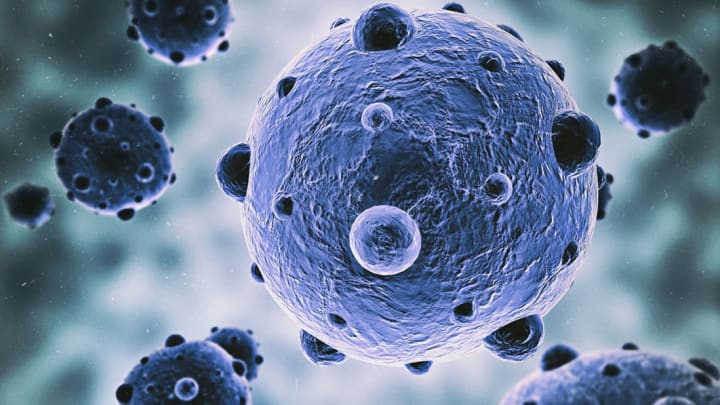Parkinson’s Disease Has an Autoimmune Component, Study Finds

The body’s immune system plays a role in Parkinson’s disease, a new study finds. In the journal Nature, scientists from Columbia University Medical Center and the La Jolla Institute for Allergy and Immunology in California write that proteins in the brain associated with Parkinson’s trigger an autoimmune response, activating the immune cells known as T cells.
With Parkinson’s disease, the brain slowly stops producing dopamine, degrading the patient's ability to control muscle movements (leading to tremors, shaking, and rigidity). This study suggests that damaged alpha-synuclein proteins fool T cells into thinking that dopamine neurons are foreign invaders. "The idea that a malfunctioning immune system contributes to Parkinson’s dates back almost 100 years," study co-leader David Sulzer of Columbia Medical Center explains in a press statement. "But until now, no one has been able to connect the dots. Our findings show that two fragments of alpha-synuclein, a protein that accumulates in the brain cells of people with Parkinson’s, can activate the T cells involved in autoimmune attacks."
The study examined blood samples from 67 Parkinson’s patients and 36 healthy control subjects, testing the immune response to fragments of different proteins found in neurons, including alpha-synuclein. The researchers found that while the blood samples in the control group didn’t show any immune response to the protein fragments, those from the Parkinson’s patients showed T cells which had an outsized response to the proteins. This autoimmune response could be triggered by the brain’s decreased ability to get rid of abnormal alpha-synuclein proteins in Parkinson’s disease. The body then sees the unusual accumulation of these damaged proteins as an attack from a pathogen.
These findings open up new possibilities for Parkinson’s treatments. Immunotherapy that changes the body’s response to alpha-synuclein could potentially improve symptoms.